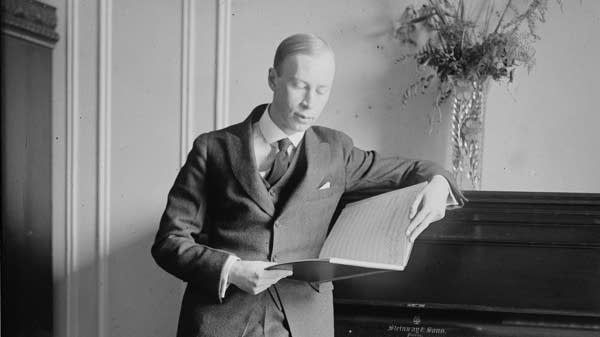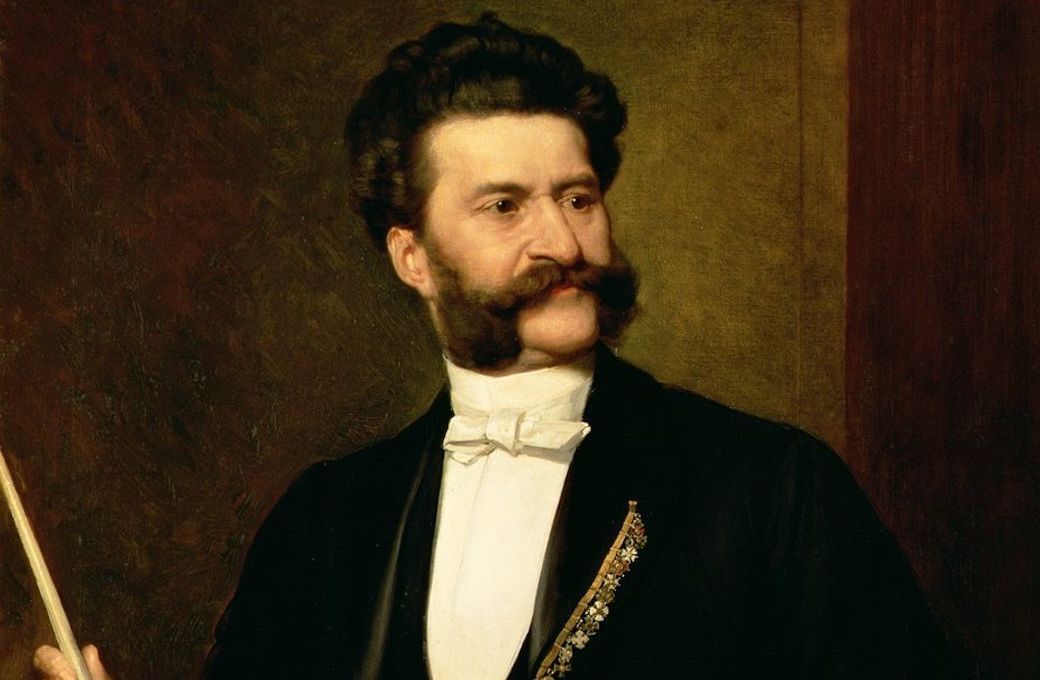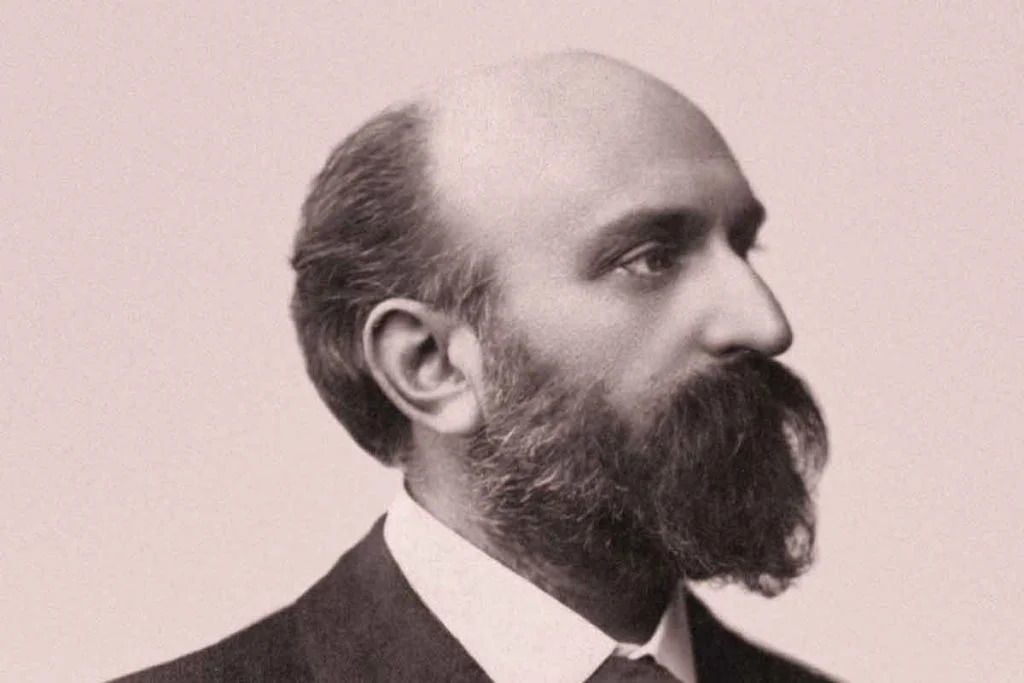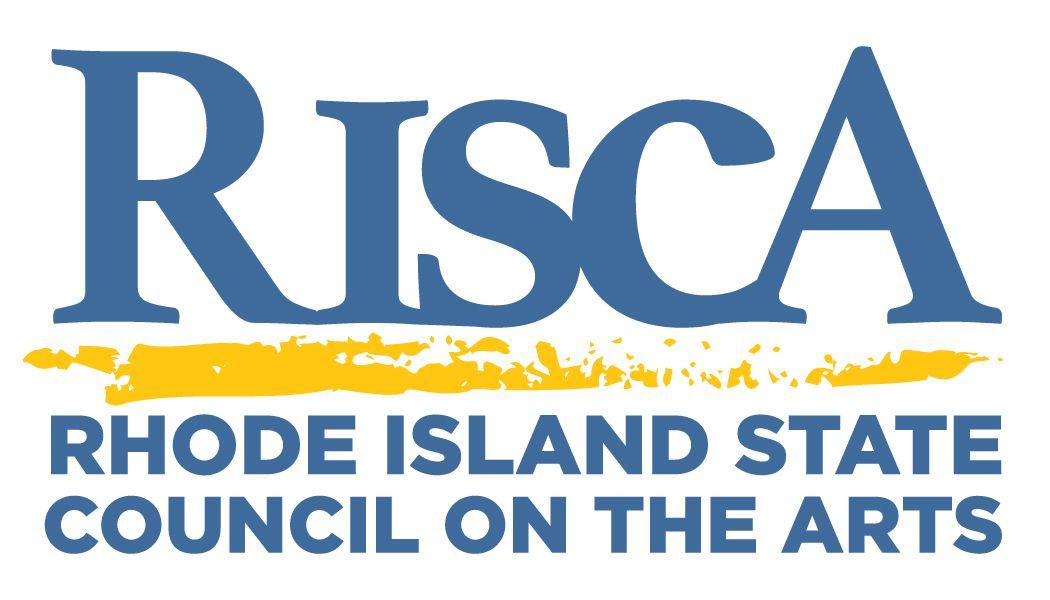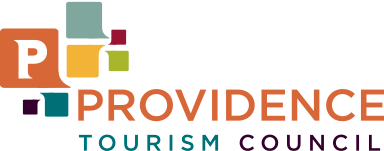THE STORY BEHIND: Handel's "Messiah"
Share
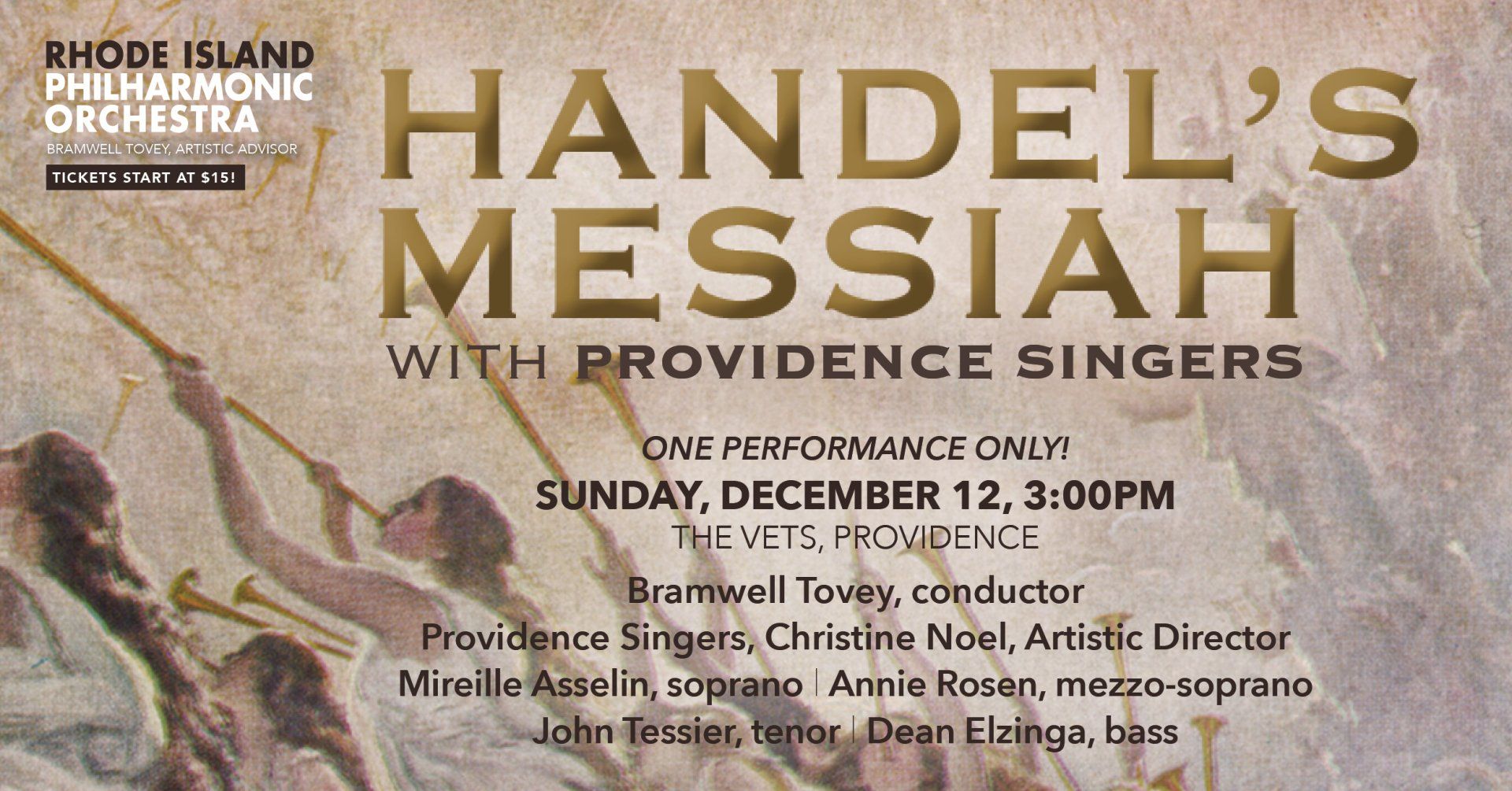
On December 12, Bramwell Tovey and the Rhode Island Philharmonic Orchestra will present Handel's
Messiah with Providence Singers, Christine Noel, Artistic Director, and soloists Mireille Asselin, soprano, Annie Rosen, mezzo-soprano, John Tessier, tenor and Dean Elzinga, bass.
THE STORY BEHIND:
Handel's
Messiah
Title:
Messiah, HWV 56
Composer:
George Frideric Handel
(1685-1759)
Last time performed by the Rhode Island Philharmonic:
Last performed December 14, 2019 with Christine Noel conducting, Providence Singers and soloists Andriana Chuchman, Marion Newman, Isaiah Bell and Gregory Dahl. In addition to a chorus and solo soprano, alto, tenor and bass, this piece is scored for two oboes, two bassoons, two trumpets, timpani, continuo, organ and strings.
The Story:
Handel settled permanently in England in 1712. He wanted to make his reputation and fortune there as an opera composer. For many years, he was successful in that endeavor, becoming the director of the Royal Academy of Music, an enterprise sponsored partially by the King for the production of Italian-style opera, Handel’s specialty. Public taste always changes, however, and Handel became the victim of the fickle crowd in 1728, when London went crazy over the first English ballad opera,
The
Beggar’s Opera. Little by little, the academy’s loyal subscribers lost interest in stilted Italian opera in favor of the more earthy and entertaining ballad operas, which were capturing the city’s theaters.
Handel was not the sort of composer to dabble in such lowbrow pastiches, no matter how financially successful they had become. Steadfast, he clung to his operatic enterprise, which he operated by himself. The company struggled along, producing more failures than successes. Then, during Lent in 1732, an event took place that affected the future direction of Handel’s career and permanently changed English musical history. Handel’s
Esther was performed. It was the first oratorio ever given in London, and it created a real stir. That May, Handel presented six more performances of
Esther, which the public received enthusiastically, in spite of his Italian singers that “made rare work with the English tongue you would have sworn it had been Welch,” according to one review.
Handel still did not give up Italian opera, however, and he continued to write new operas and revive the old ones. Each spring also brought some new (or revised) oratorio including
Alexander’s Feast, Saul and
Israel in Egypt. By the spring of 1741, it looked as though Handel had worn out his welcome in England. Rumors spread in London that Handel was considering moving back to The Continent. Then, in August, he received an invitation to present a concert for the benefit of Dublin’s charities. Using a libretto by Charles Jennens (author of
Saul), Handel composed
Messiah between August 22 and September 14 — a period of only 24 days! The astonishing thing is that a work written in such haste should be such a consistent, peerless masterpiece. One might even speak of divine inspiration, for Handel once declared, “When I composed the Hallelujah Chorus, I did think I did see all Heaven before me and the great God Himself.”
The resounding success of
Messiah and other Handel works in Dublin during 1741– 42 virtually inaugurated a new career for the composer, though it also had its difficulties. The London premiere of
Messiah in 1743 had to be billed simply as “a new sacred oratorio,” since its title might be offensive to the puritanical element. Unfortunately, that was not all.
Messiah was a failure at first, and only began to gain some success in 1750 when Handel conducted it for charity.
Messiah, however, more than any other oratorio, set the trajectory for Handel’s re-emergence as a composer in England. Of course, it turned out to be the trajectory of a rocket to the stars for Handel’s future position in music and in the hearts of his listeners.
Program Notes by Dr. Michael Fink © 2021 ALL RIGHTS RESERVED
Tickets start at $15! Click HERE or call 401-248-7000 to purchase today!

